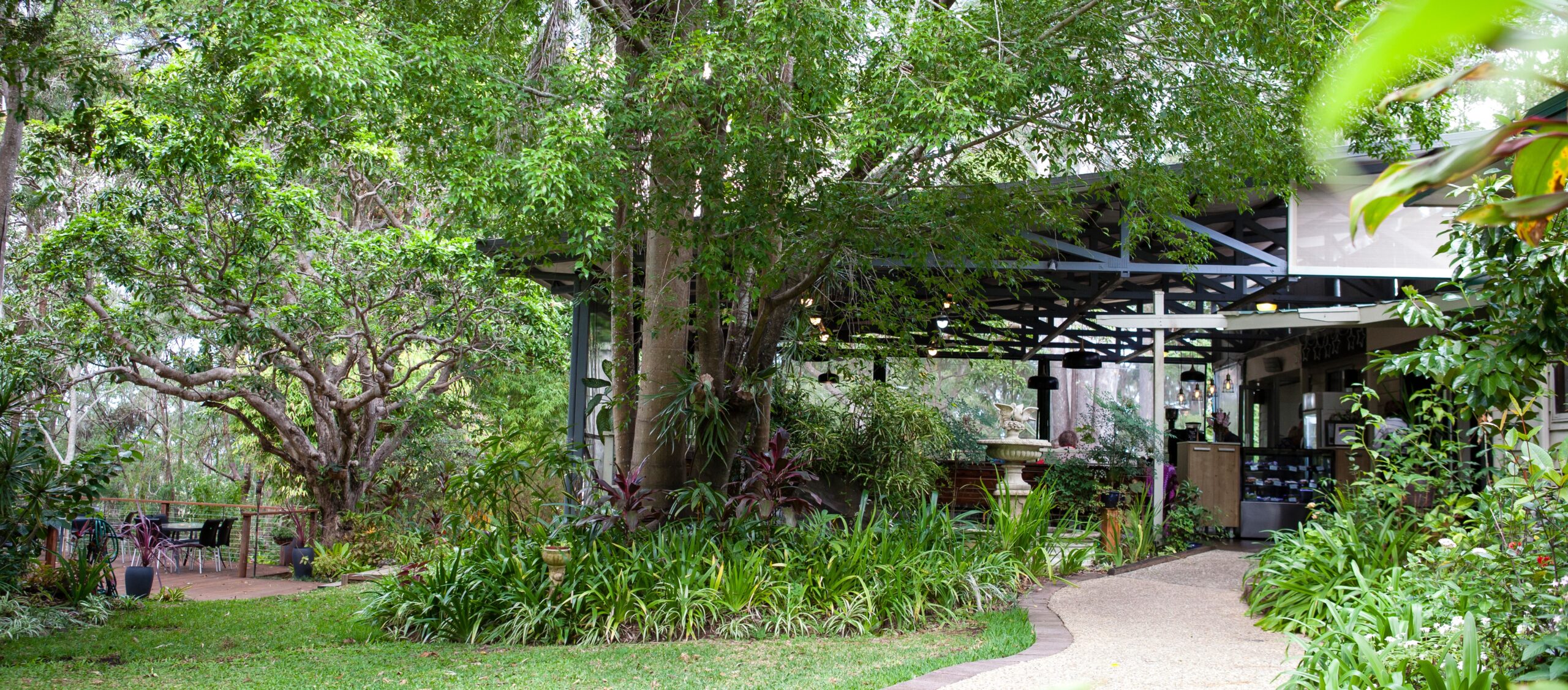 The information in this document is this is intended as a guide and for information only. All information provided by Bloomhill is based on research and best practice guidelines, and is based on resources from organisations such as the Australian Cancer Survivorship Centre, Cancer Council and Macmillan (UK) Cancer Centre. Bloomhill Cancer Care’s model of care utilizes the Clinical Oncology Society of Australia (COSA) domains of wellness along with available clinical evidence. Always consult your care team regarding matters that affect your health.
The information in this document is this is intended as a guide and for information only. All information provided by Bloomhill is based on research and best practice guidelines, and is based on resources from organisations such as the Australian Cancer Survivorship Centre, Cancer Council and Macmillan (UK) Cancer Centre. Bloomhill Cancer Care’s model of care utilizes the Clinical Oncology Society of Australia (COSA) domains of wellness along with available clinical evidence. Always consult your care team regarding matters that affect your health.
A cancer diagnosis can significantly impact and change relationships with friends and family.
Some changes can be positive, and you may become closer to friends and family. Sometimes new friendships are made. Many people find that for the most part friends and family are very supportive, but sometimes this may not be the case. Friendships and relationships may fracture or fade, friends and family may respond or make comments that are hurtful or insensitive, or they may not react or ‘be there’ in a way you hoped they would.
Common unhelpful responses from friends or family include saying the wrong thing such as “my old boss had bowel cancer and he died”, or offering unhelpful advice such as “have you tried this miracle tea”. Another common experience is that some friends or family seem to drop off the radar, and may seem to avoid you. Whilst these reactions may be hurtful, it is important that you remember how people respond isn’t about you or your cancer, but more to do with their own experiences, what they know about cancer, and their own ability to deal with fear and worry. Other reasons why friends and family may not respond or react the way you may have hoped include:
- Fear of saying the wrong thing
- Not knowing what to say
- Feel they shouldn’t talk about cancer at all
- Fear of causing upset
Another very common reaction from friends/ family is being overly positive with comments such as “you’ll be fine”, “you’ll beat this”, “it’s going to be ok” which can down play or make light of your situation. These comments may be said with love and well intentioned, but they may make you feel like it is not O.K to feel sad, worried, or angry, or that you can’t have any ‘down days’. It is impossible to be positive all of the time, and putting on a brave face can be exhausting. In fact, whilst it can be helpful to be hopeful, there is no scientific evidence to suggest that positive thinking has any impact on surviving cancer. It is OK and very normal to feel a range of emotions when you are living with cancer.
 Ultimately, you cannot control the way other people feel or react about your cancer. It is important that you do find someone you can talk to openly about how you are feeling, and coping, and if this isn’t someone in your family/friend network then consider other avenues for connecting with others such as through support groups, online support forums, or meeting other clients at Bloomhill in our group activities.
Ultimately, you cannot control the way other people feel or react about your cancer. It is important that you do find someone you can talk to openly about how you are feeling, and coping, and if this isn’t someone in your family/friend network then consider other avenues for connecting with others such as through support groups, online support forums, or meeting other clients at Bloomhill in our group activities.
If you are struggling with your emotional wellbeing or how to communicate with loved ones, family or friends, then you may benefit from talking with a counsellor or psychologist. The Bloomhill nursing team are here for support and always welcome a chat and cup of tea on the deck.
Further information:
- Cancer Council: “Telling people you have cancer” Telling people you have cancer – Cancer Council Victoria (cancervic.org.au)
- Cancer Council: “Emotions and Cancer” Emotions and Cancer (cancercouncil.com.au)
- Cancer Council: “Caring for others with cancer” Caring for Someone with Cancer (cancercouncil.com.au)
If you have any questions, or want to talk with one of the Bloomhill nurses about this article, or any of the services and support available at Bloomhill then please feel welcome to email [email protected], call 54445 5794, pop in, or visit our website for more information www.bloomhill.com.au.




